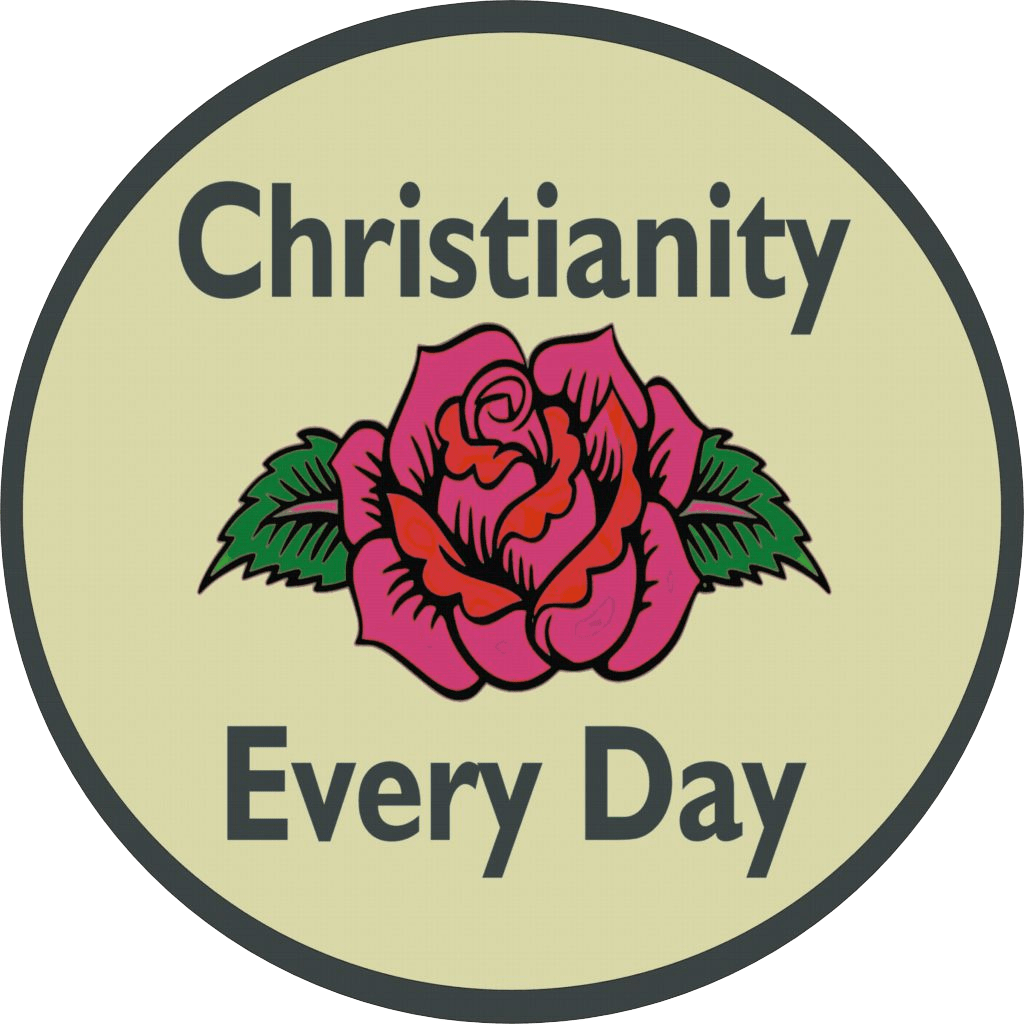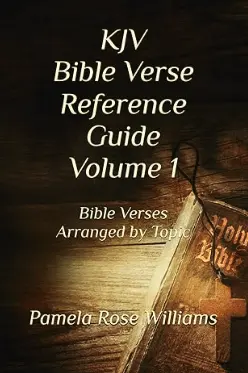In Part 3 of this series we saw the first of the three remaining feasts to be fulfilled. The last two are:
The Day of Atonement
Ten days after the Feast of Trumpets is the Day of Atonement (Leviticus 16:1-34; Leviticus 23:26-32). In the Old Testament, the Day of Atonement was a day that the Jewish people were to afflict their souls by repenting and confessing their sins that they had committed against God. Prayers and offerings were made to the Lord by the High Priest who served as a mediator between the people and God to make atonement for their sins. Anyone whomever did not participate was cut off, or banished, from living amongst their people.
The literal fulfillment of the Day of Atonement will take place at the end of the tribulation period when the remnant of Israel will recognize Christ as their Messiah, confess their sin, and cry out for Him to rescue them from their enemies who want to destroy them. As mentioned before, there are three groups of people – Jews, Gentiles, and the Church. As the remnant is saved and rescued, they join with the Church that accompanies the Lord when He arrives on earth. At this point, the Lord literally fulfills the Day of Atonement by forgiving their sins and saving them from their imminent destruction and giving them the gift of salvation.
The Feast of Tabernacles
Five days after the Day of Atonement begins the Feast of Tabernacles, which was established in the Old Testament as a day of remembrance of when the Jewish people lived in booths or tents when God brought them out of bondage in Egypt (Leviticus 23:33-43; Exodus 23:14-17; Numbers 29:12-38; Deuteronomy 16:13-16; Deuteronomy 31:9-13; 1 Kings 8:1-66; 1 Kings 12:25-33). Over a period of seven days, the feast was observed through sacrifices, reading of the law, and construction of booths as a temporary dwelling place to commemorate their temporary dwellings in the wilderness.
Numerous other practices took place during this time, but the practice was referred to in the New Testament book of Matthew when Peter offered to build tabernacles, or booths, for Moses, Elijah, and Jesus on the day that Jesus was transfigured (Matthew 17:1-13). Another reference can be seen in the laying of Palm branches before the Lord when He entered Jerusalem (Matthew 21:8-9; Mark 11:8-10; John 12:12-13). This connection to Jesus coming to establish His kingdom during this event is seen in Mark 10:9-10 when the people cried out, “Hosanna; Blessed is he that cometh in the name of the Lord: Blessed be the kingdom of our father David, that cometh in the name of the Lord: Hosanna in the highest.”
The Jews believed that Jesus had come to establish His kingdom, which would have literally fulfilled the Feast of Tabernacles. However, after His death on the cross, they were dejected and depressed until they saw Him after the resurrection because they thought His coming to Jerusalem to establish His kingdom was a failure. Even in Acts 1:6-9, we see that the disciples still thought He had come to establish His kingdom. However, He told them that it was not for them to know the times or the seasons, but that they would receive power from the Holy Ghost to witness to the world that Jesus, the Christ, had come.
The literal fulfillment of the Day of Atonement will take place at the second coming of Christ along with the Church after the marriage supper of the Lamb to rescue Israel and set up Jesus’ millennial, 1000-year, kingdom on earth (Revelation 19:5-20:7).
Continue to read the conclusion of this series: End Times Series, Part 5
Resources – Scripture quotations are from The Holy Bible, King James Version. Williams, Michael, (2013). Bible Doctrines. Albuquerque, NM: Selah Mountain Bible Institute. Chapters 15-16.

Dr. Michael L. Williams, Head of Ministry Operations and Technology at Christianity Every Day, is a Christ-centered Author, Educator, Biblical Counselor and Advisor. He is ordained in Pastoral Ministry and formerly the founding Pastor of Selah Mountain Ministries, a church started along with his wife, Pamela Rose, after several years of pastoral experience and training in Biblical Counseling. Selah Mountain provided Biblical counseling and education to the public on how to overcome life issues Biblically on topics such as anger management, marriage, addictions, and other subjects – often referred to as mental illnesses. To learn more about Dr. Mike visit the About page.
















